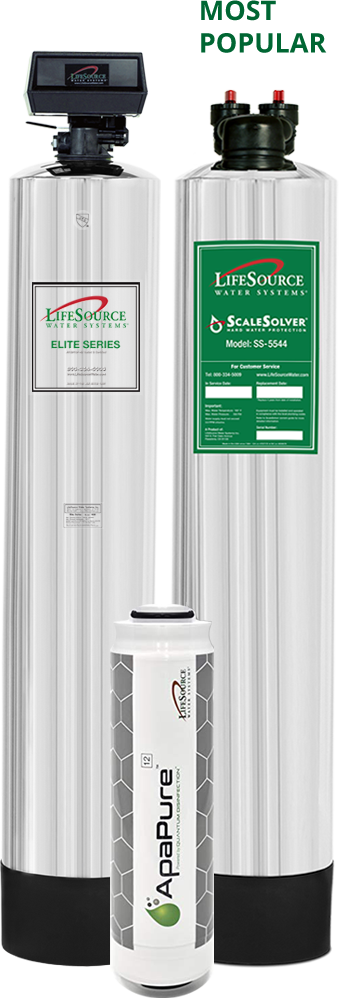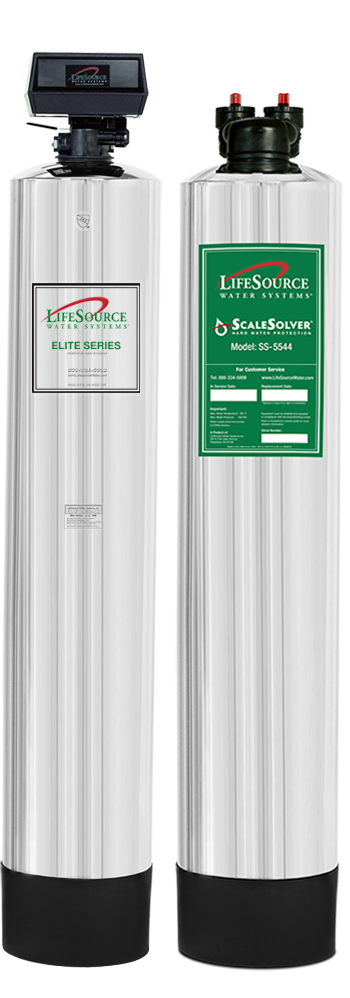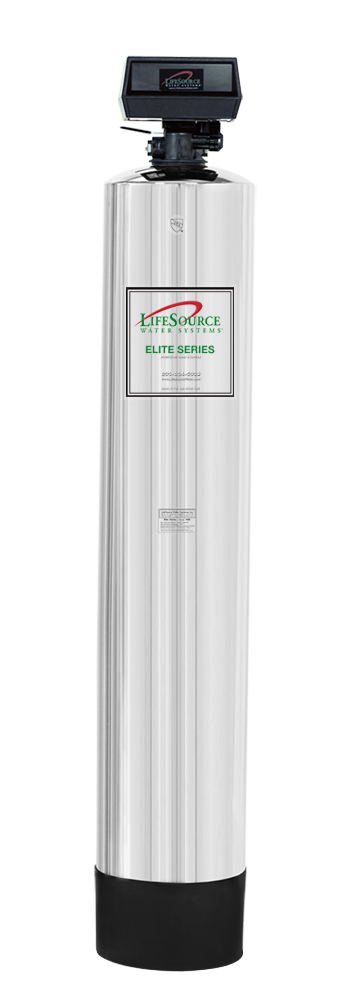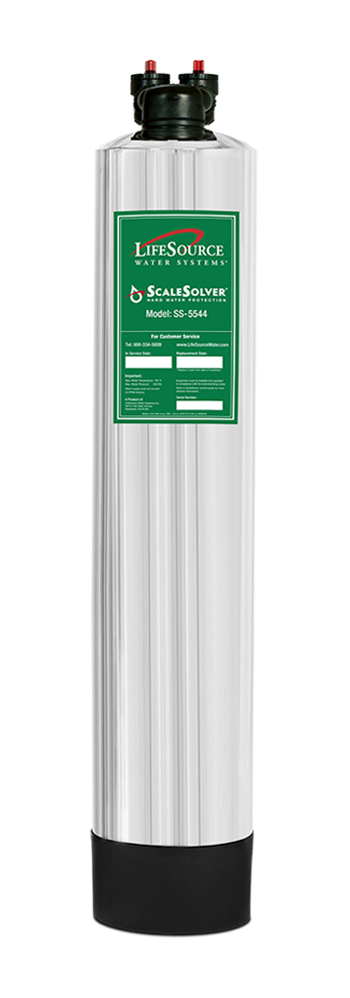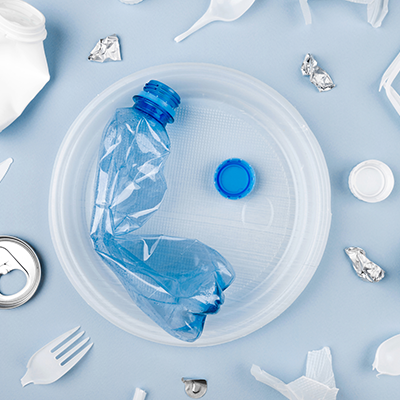
Water Weight Weighing You Down?
The science behind water weight and how to prevent it.
“Water weight” is the term we use for that extra 1 -4 pounds that can seemingly appear out of nowhere and make our favorite pair of jeans suddenly feel two sizes too small. Water weight happens when our bodies are retaining extra water and it’s mostly due to diet and hormones.
Extreme water retention can be a sign of more serious health concerns, and should be addressed by a doctor.

Our bodies are constantly in the process of spending and storing energy. Everything we consume is broken down for nutrients and turned into fuel. A “calorie” is literally a unit of energy. All unused calories are stored for later use. Carbohydrates are broken down into glucose (sugar). Glucose is stored in our muscles and liver in the form of glycogen. How does this impact our water retention? For every gram of glycogen there are 3 - 4 grams of water. This is why our carb intake is so closely related to water weight. The more glycogen in our muscles and liver, the more water retention.
The fluid that surrounds our cells is a mixture of water and sodium. This delicate balance of water to sodium is part of how our kidneys draw extra water from the bloodstream. Our kidneys use this water to flush out toxins and remove waste. When we consume too much sodium, our body will start retaining more water to balance out the salt/water ratio. High sodium diets can increase water weight and negatively impact kidney function.
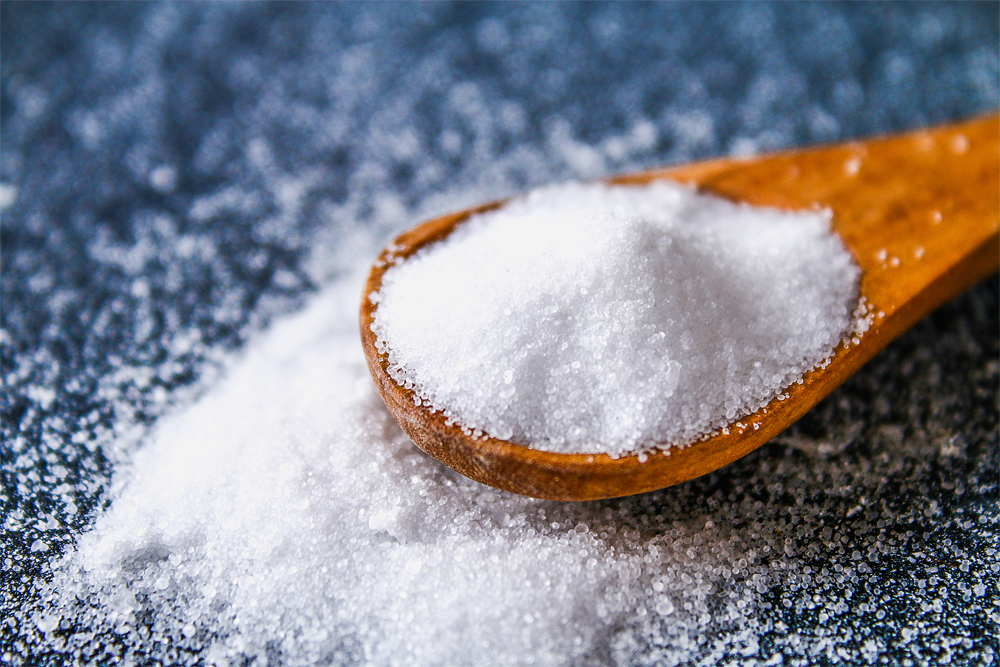

Water is so important to our survival that even when we are just slightly dehydrated, our bodies will start holding onto water. Staying hydrated also maintains healthy liver function. Livers are essential for cleaning the blood of toxins and metabolizing (burning) fat. Drinking water also increases energy levels, helping you sustain high cardio workouts.
I know most people don’t love to sweat, but sweating is a key way our bodies release water. Getting regular cardio in helps release water weight. When we exercise, we use up the stored Glycogen (glucose) in our muscles and release the associated water retention. Spending some time in the sauna can also help release water weight. But remember to stay hydrated!


When we get stressed our bodies release cortisol, commonly referred to as the “stress hormone.” Prolonged stress can lead to excess cortisol in our bodies. Among other things, this can result in water retention. Hormones also factor into water retention. Depending on the time of the month, bodies will have varying levels of hormones. There’s not much anyone can do to change their natural hormone cycle, but taking magnesium supplements can help reduce water retention. The best thing to do is stay calm and get rest.

